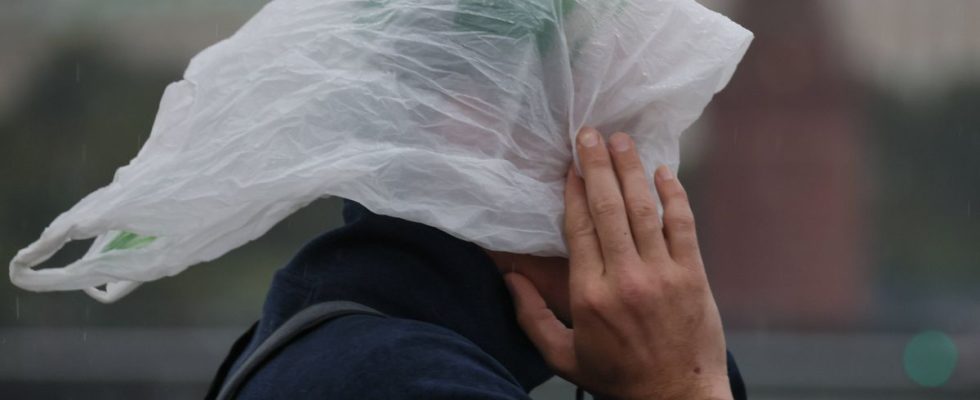Would drinking less coffee or preferring pasta to rice be better for the climate? Certain everyday actions could generate much more greenhouse gases than we think. But between the messages of awareness campaigns about “small ecological gestures”, what we can put in place quickly and what we ignore, it is not always easy to find our way around. Especially when climate policies do not follow.
It is from this observation that the Swiss German journalist started, Mathias Plüssto write his book Less is less! A short guide to making the right choices and reducing your daily carbon footprint, which comes out this Tuesday. “I realized that the subject of eco-friendly practices was of great interest, and at the same time also raised a lot of questions,” he says.
A specialist in ecological issues for ten years, it was in 2019, following the publication of the special “Climate” issue of The Magazine crowned with the Media Prize of the Swiss Academies of Sciences, he begins to compile the hundreds of e-mails and letters he receives from his readers. And notes “that there is confusion between environmental pollution and what has an impact on the climate”, the two not being systematically linked.
Plastic, an overrated subject?
It was therefore necessary, in order to disentangle the true from the false and give their place to consumer subjects left aside and which he nevertheless considers essential, to start from the base. In Mathias Plüss’s book, no subject is avoided. Even if it means sailing, sometimes, against the tide.
“Several surveys estimate that plastic is overestimated because it is a very polluting material for the environment, but not necessarily for the climate” explains the journalist. And to recall the figures he gleaned during his research: 86% of the plastic carried into the oceans by rivers comes from Asia, and only 0.3% comes from Europe.
“And then the plastic film that we use on a daily basis and which has an almost zero carbon footprint has absolutely nothing to do with the plastic that comes from industry or agriculture,” he explains. Even if Mathias Plüss points out that obviously not, plastic is not a good thing.
Organic and rice, complex subjects
Unlike plastic, certain subjects would be underestimated and therefore too little addressed and debated. “I don’t know how many kilos of rice the French eat, but it’s a subject we don’t talk about much. However, rice crops produce a lot of methane,” he assures. A greenhouse gas that is particularly harmful to the climate.
For the writer, certain subjects would therefore take up too much space compared to others, at the risk of saturating public and media space. “This is the case with organic farming. It actually uses fewer pesticides and fertilizers. But the yields are, for the moment, too low. Rather than constantly talking about organic, as opposed to conventional agriculture, we would do better to talk a little more about the consumption of meat which has a much greater impact on the climate,” he explains, at the risk of attract the wrath of some.
He would nevertheless like to delve deeper into certain data that he still has difficulty explaining today despite serious studies on the subject : men are said to be “more polluting” than women. “It actually remains an enigma. I was surprised, but the differences between the two sexes in their ecological approach are really important,” he notes. For example, single women consume less electricity than single men.
An assertion that will undoubtedly cause debate among you. HAS 20 minutes, all the women we asked were categorical: “I’m the one who turns off the lights all the time.” A word to the wise.

